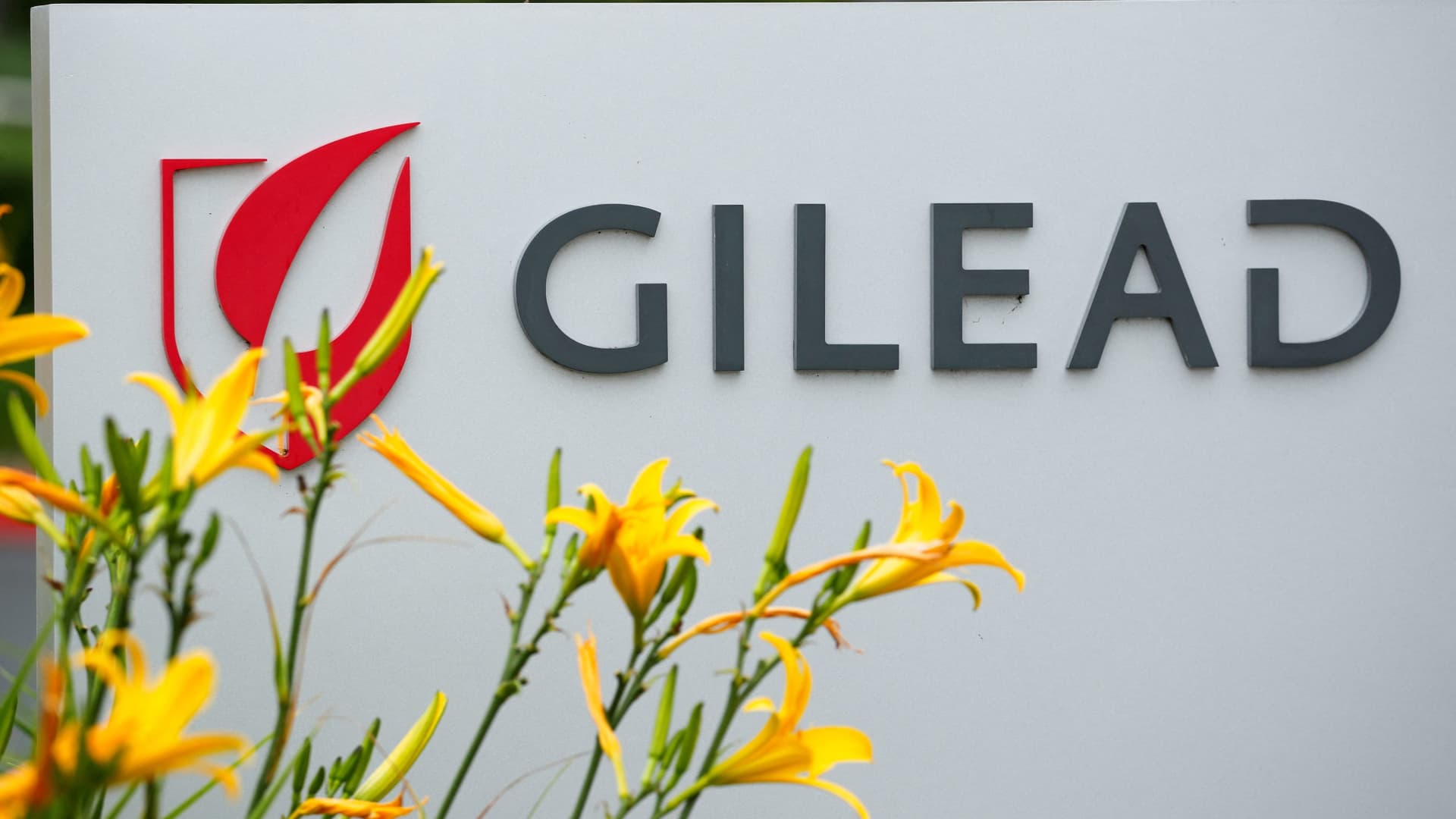A Paradigm Shift in HIV Prevention: The FDA Approval of Lenacapavir
The fight against HIV has reached a pivotal moment with the FDA’s approval of lenacapavir, a twice-yearly injectable medication developed by Gilead Sciences. This approval is more than just a pharmaceutical breakthrough; it represents a significant shift in HIV prevention strategies, addressing longstanding challenges and offering new hope in the global effort to control the epidemic.
The Current PrEP Landscape and Its Limitations
Pre-exposure prophylaxis (PrEP) has been a game-changer in HIV prevention, but it is not without its limitations. The current standard involves daily oral medication, typically a combination of tenofovir disoproxil fumarate and emtricitabine. While effective, this regimen requires strict adherence. Missing doses can lead to a drop in protective drug levels, reducing the medication’s efficacy. Factors such as stigma, forgetfulness, side effects, and the need for regular refills contribute to non-adherence, particularly among vulnerable populations. These barriers hinder the widespread adoption of PrEP, limiting its impact on reducing new HIV infections.
Lenacapavir: A New Mechanism and Enhanced Convenience
Lenacapavir stands out with its unique mechanism of action and simplified dosing schedule. As a first-in-class capsid inhibitor, it targets the viral capsid, the protective shell around HIV genetic material, preventing the virus from infecting cells. This differs from existing PrEP medications, which block viral replication after cell entry.
The most notable feature of lenacapavir is its administration schedule: just two injections per year. This addresses the primary barrier to adherence associated with daily oral PrEP. The convenience of a twice-yearly injection is expected to significantly improve adherence rates, particularly among individuals who struggle with daily medication regimens. Clinical trials, such as the PURPOSE 2 trial, have shown remarkable efficacy, with 99.9% of participants receiving lenacapavir injections remaining HIV-negative throughout the study.
FDA Approval and Priority Review
The FDA’s decision to grant priority review to lenacapavir highlights the urgent need for innovative HIV prevention tools. This designation expedites the evaluation process, recognizing the potential of this medication to address a significant public health concern. The FDA accepted the New Drug Application (NDA) submissions for lenacapavir in early 2024, and the subsequent approval demonstrates the thoroughness and efficiency of the regulatory process. This swift action reflects the FDA’s commitment to combating the HIV epidemic and providing access to cutting-edge prevention strategies.
Cost and Accessibility: A Critical Consideration
While lenacapavir’s clinical efficacy and convenience are clear, the issue of cost remains a significant concern. The brand name for lenacapavir used for HIV treatment, Sunlenca, currently carries a price tag exceeding $42,200 per year. The pricing for the PrEP formulation is yet to be fully determined but is anticipated to be substantial.
Gilead Sciences has acknowledged the importance of affordability and accessibility, particularly in low-income countries. The company has committed to supplying the twice-yearly injection to these regions, aiming to ensure equitable access to this potentially life-saving prevention tool. However, the specifics of pricing and distribution models for low-income countries are still being finalized. The potential for tiered pricing and partnerships with global health organizations will be crucial in maximizing the impact of lenacapavir on a global scale. Discussions about manufacturing the drug for as little as $25 per patient could dramatically increase accessibility.
Impact on Global HIV Prevention Strategies
The introduction of lenacapavir has the potential to reshape global HIV prevention strategies. By offering a highly effective and convenient alternative to daily oral PrEP, it can broaden the reach of prevention efforts and target populations who have been historically underserved.
The injectable formulation is particularly well-suited for individuals who face challenges with adherence, including those experiencing homelessness, substance use disorders, or mental health conditions. It also offers a discreet option for individuals who may be hesitant to disclose their PrEP use due to stigma or discrimination.
Furthermore, lenacapavir’s unique mechanism of action may provide a valuable tool in combating the emergence of drug resistance. By targeting the viral capsid, it offers a different line of defense against HIV, potentially mitigating the risk of resistance developing to existing PrEP medications.
Looking Ahead: Challenges and Opportunities
Despite the promising outlook, several challenges remain. Ensuring equitable access to lenacapavir, particularly in resource-limited settings, will require concerted efforts from Gilead Sciences, governments, and global health organizations. Addressing potential logistical hurdles related to injection administration and monitoring will also be crucial.
However, the opportunities presented by lenacapavir are immense. This innovative medication represents a significant step forward in the fight against HIV, offering a powerful new tool to prevent new infections and move closer to the goal of ending the epidemic. Continued research and development, coupled with strategic implementation and a commitment to affordability, will be essential to realizing the full potential of this groundbreaking advancement.
A New Chapter in HIV Prevention
The FDA approval of lenacapavir isn’t just the introduction of another drug; it’s the opening of a new chapter in HIV prevention. It signifies a shift towards patient-centered approaches, prioritizing convenience and adherence to maximize impact. While a definitive cure for HIV remains elusive, lenacapavir offers a powerful and practical means of controlling the epidemic, empowering individuals to protect themselves and contributing to a future where HIV is no longer a public health threat. The twice-yearly shot represents a beacon of hope, demonstrating the power of scientific innovation to address one of the most pressing global health challenges of our time.

